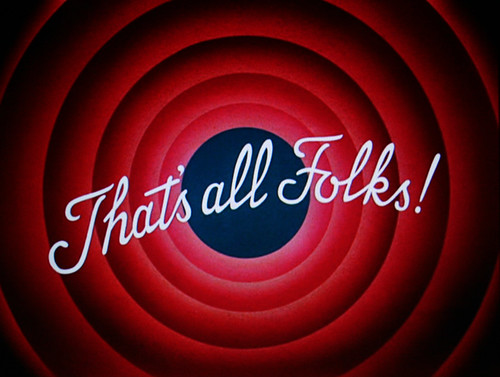
You've heard this, right? The Oxfordian Theory? It's this crazy idea that Shakespeare didn't write his plays, on account of being a peasant, who are of course, all stupid. It was originally proposed by Delia Bacon in 1850, who said they were written by a committee led by her relative Sir Francis Bacon. Well she obviously isn't biased. She also died in an insane asylum without a shred of evidence. What a crazy theory, right? No wonder it's dead. Wait, what? It's not? haha. Good one. Oh you were being serious. Oh dear
It seems that since 1850 the theory has been constantly molded and contrived around different authors. Every time one gets shot down, the conspiracy theorists make another, until they finally realized that without solid evidence, it'll kept getting shot down. Thus they decided to pick one man; Edward De Vere, the 17th Earl of Oxford. He didn't publish his plays, apparently, because of his status being to high to mingle with lowbrow entertainment. That makes sense, I suppose. I don't want this to be an angry rant against Roland Emmrich's 'Anonymous' which proposes the theory. I'd be a hypocrite, If I denied 'Anonymous' the right to exist, and yet cited 'Amadeus' as one of my favourite movies. I'd also be a hypocrite for liking Shakespeare's plays, as he bent facts to create great character drama all the time. And I do see the appeal of Anonymous. The rich, lavish Victorian art design, and the Tarantino-esque joy of manically toying with historical and literary figures of such pomp reverence.
My disdain for Anonymous (which I have not seen, though I do want to) is not that it speculates with preposterous ideas, but that I'm not sure Roland Emmrich maintains my view on 'why a crazy historically distorted movie could be fun' Apparently he does truly believe his film, which means everything is shot in and earnest light. Shakespeare himself is depicted (allegedly), as a cheating, backstabbing, whore mongering peasant, cause y'know, peasants suck. On the other hand Edward De Vere is shown ingratiatingly as 'the woeful Earl' who simply wants to write plays, but can't because of what's expected of him. Oh dear. I hope he has enough fancy Earl money to cry into. Such exaggerated, 'hollywoodized' portrayals in an earnestly made Shakespeare-was-stupid film doesn't sound like it will be compatible with my tastes. I would love to see a satirical view on figures like Shakespeare, like what we might see in Black Adder, or how Mozart was depicted in Amadeus. But to solemnly build such a meretriciously crude travesty of one of the most important figures in storytelling and culture is just silly, and partially insulting to the very craft Roland Emmrich works in.
There was no pretense that what was written in 'Macbeth' actually happened.
Furthermore,Amadeus may have shown Mozart as an unfaithful drunk, but it didn't deny him the right to his sublime music.
Furthermore,Amadeus may have shown Mozart as an unfaithful drunk, but it didn't deny him the right to his sublime music.
By Shakespeare Taha




